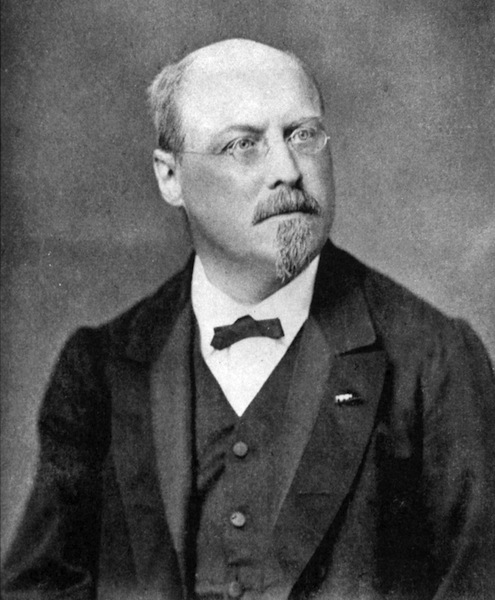From Raff to Copland, the Chicago Ensemble delivers a varied feast

At the halfway point of its 40th anniversary season, the Chicago Ensemble presented a typical program Tuesday night: an American sextet, a pair of chamber cornerstones and a rewarding 19th-century rarity.
In short it was the kind of program the Chicago Ensemble does best. And with consistently polished and winning performances at Fourth Presbyterian Church, this was the group’s most enjoyable effort of the current season.
Joseph Joachim Raff was widely lauded during his lifetime (1822-1882) but is now a largely forgotten figure. The German-Swiss composer was prolific, writing 11 symphonies, nine concertos, three operas and a bounty of chamber music, including eight string quartets.
If Raff’s Piano Quintet in A minor, performed Tuesday, is representative of the composer’s quality, then his music is long overdue for rediscovery. Raff’s style hovers somewhere between Mendelssohn and Schumann, also reflecting the latter in his fitfully thick textures. Yet his quintet is consistently well-crafted and chockablock with melody, from the expansive first theme of the opening movement to the rustic, darkly driven finale.
One could hardly imagine a more persuasive performance than that delivered by pianist Gerald Rizzer and the string quartet (violinists Mathias Tacke and Rika Seko, violist Amy Hess and cellist Andrew Snow). Rizzer’s stylish, rippling piano lines led the performance confidently and the heart-easing theme of the Andante was beautifully rendered by the string musicians.
The varied works on the first half received advocacy largely on the same level.
Aaron Copland’s Sextet (for clarinet, piano and string quartet) is a chamber retooling of his Short Symphony, and a highly effective one at that. The music hails from the composer’s 1920s style–acerbic and angular with a harder edge than his later populist folk ballets.
While the outer movements could have been more incisive, the players served up a largely vital and committed performance. The slow movement proved the most successful, with clarinetist Elizandro Garcia-Montoya’s expressive playing evoking Copland’s distinctive brand of urban loneliness.
Garcia-Montoya was also featured in the other two works of the evening. In Debussy’s Premiere Rhapsodie, he and Rizzer were a simpatico duo. Garcia-Montoya’s playing was graceful and ardent as required, though his upper tone became rather piercing in the live acoustic of the Buchanan Chapel.
The clarinetist was at his best in Prokofiev’s Overture on Hebrew Themes. In this sextet (same scoring as the Copland), Garcia-Montoya was clearly in the zone, his febrile, idomatic playing fully in synch with the klezmer style. The playing of his five colleagues was equally vivacious and characterful, anchored by Snow’s warm, nicely rounded cello tone.
Posted in Uncategorized

